Why bombing Hashd al-Sha’abi base in Iraq will backfire on Israeli regime
By Wesam Bahrani
The explosion that targeted the Hashd al-Sha’abi military base in central Iraq’s Babil province in the wee hours of Saturday morning had all the hallmarks of the Israeli regime as well as its Western allies.
The Hashd al-Sha’abi or Popular Mobilization Forces (PMF) said the explosion at its Kalsu base, which houses both PMF and Iraqi army personnel, weapons, as well as the headquarters of the PMF Chief of Staff, Haj Abu Fadek, was an “attack”.
At least one PMF soldier was killed and other Iraqi soldiers and civilians, including a child, were injured.
“The air defense command report confirmed, through technical efforts and radar detection, that there was no drone or fighter jet in the airspace of Babil before and during the explosion,” Iraq’s military said in a statement.
“The explosion hit equipment, weapons, and vehicles,” an interior ministry source was cited as saying in local media.
The bombardment of the base is unlikely to have been carried out by the US occupation inside the country, especially since the US pledged to the government of Prime Minister Mohammed Shia' al-Sudani that it won’t target any Iraqi faction as long as their illegal bases and personnel aren’t attacked.
However, the assertions of another security source pointing the finger at the occupying Zionist regime are an accurate assessment. The regime has the most to benefit from it. The evidence suggests so.
Iraqi authorities said there were no warplanes in the sky before or after the strike on the Kalsu base. This is likely true.
It’s very possible that the attack was carried out from outside Iraq, possibly through medium-range ballistic missiles launched from Syrian airspace. The Israeli military has the capability to conduct such operations. It has violated Syrian airspace numerous times without entering Iraqi airspace.
Additionally, the aftermath of the strike strongly indicates this wasn’t a drone attack.
When comparing the images from the Kalsu attack with other attacks in Iraq, including US airstrikes against the PMF forces at al-Qaim in 2021, a crater with a depth of more than three meters in both incidents is visible.
This level of damage can only be caused by a heavy missile.
Saad al-Muttalibi explains how the continued presence of American forces represents a significant challenge to Iraq's stability and sovereignty. pic.twitter.com/868f5uhnSq
— Highlights (@highlightsnews1) April 20, 2024
Even if a blast blows up ammunition and missile depots, such as the explosion that occurred at the (PMF) al-Saqr military base near Baghdad in July 2020, which is much larger than the Kalsu base, with hundreds more rockets and warheads, the blast did not create a crater of this depth.
Verified images on social media also showed Haj Abu Fadek holding remnants of the explosion in Camp Kalsu. The shrapnel seen is a fin of a Paveway IV laser-guided precision missile.
These are mostly used by the British, who have sold them to their allies in West Asia.
The Zionist regime planned the attack and almost certainly carried it out. Did the US give its stamp of approval? Yes, without a shadow of doubt.
Tel Aviv cannot escalate in a country where there are illegal US bases that have been subject to some 200 attacks since the Gaza genocide began.
Those attacks against US bases ceased in February, allowing the resumption of talks between Baghdad and Washington with the aim of ending the long-standing US occupation.
Importantly, the PMF wasn’t behind the 200 attacks on the illegal US bases in Iraq and Syria. The Islamic Resistance in Iraq bombed the illegal American military sites in Iraq and Syria in solidarity with Gaza.
When attacks on the US bases were suspended in February, the Iraqi resistance expanded its focus against the Zionist occupation with a flurry of drone and missile attacks in solidarity with the people of Gaza, who have been reeling under the genocidal war for almost 200 days now.
Two months ago, the Islamic Resistance in Iraq targeted vital Israeli interests every other week.
These days, it is conducting near-daily operations. Sometimes, around three attacks cripple Israeli infrastructure in a 24-hour time frame. Last night, they again targeted a key site in Eilat.
Following the attack on the PMF’s Kalsu base, the Islamic Resistance in Iraq swiftly retaliated by targeting the occupied Israeli port city of Eilat.
The Iraqi projectiles have clearly proven a success. Even Israeli media made a rare admission lately of a drone attack from Iraq that infiltrated the occupied lands and wasn’t intercepted.
What Tel Aviv wants to achieve is for the Iraqi resistance to shift its attention back to targeting US bases in Iraq and Syria.
America is also at the moment seeking a path out of the talks with Iraqi officials amid rising demands for a swift and complete US military withdrawal from the country.
US Secretary of Defense, Lloyd Austin appears to be risking a return to American bases coming under fire rather than having to hold another round of serious talks with al-Sudani like he did last week.
This is where poor strategy comes into play both by Tel Aviv and Washington.
What the perpetrators of the Gaza genocide appear unable to fathom is that there is nothing that can stop or deter the resistance in Iraq, or Lebanon and Yemen for that matter, from defending Gaza and the Palestinians until the genocide ends.
The US has assassinated senior PMF commanders whilst the government forces have seen their bases and soldiers come under deadly strikes since October 7.
Despite the PMF no longer being aligned with the Islamic Resistance in Iraq – like they were in the fight against Daesh terrorists between 2014 and 2017 – the US and its Zionist proxy entity are well aware of how popular the PMF is in the Arab country.
The US was quite quick to deny any responsibility but knows – from its own airstrikes on the PMF – that only attacks on these popular forces can draw a significant level of public anger.
It's a risky strategy for the Zionist regime and the United States.
The Iraqi resistance will only increase its attacks on Israeli interests. It is already in the process of implementing “the second phase,” which involves a maritime blockade “of Zionist ships in the Mediterranean.”
As the Iraqi resistance has repeatedly warned America and the Zionist entity “only understand the language of force.”
The resistance has nothing to lose. PMF commanders and soldiers will be mourned for 40 days, and the government forces will receive the weapons it has lost to resume ground operations against Daesh sleeper cells and other security duties.
As long as the Gaza genocide continues, resistance forces across the region have made clear that nothing can halt their operations against Zionist interests in the occupied lands.
That includes the Iraqi resistance, which has upped the ante lately.
These attacks on the PMF, an Iraqi government force, could well backfire for the US and its Israeli proxy. The PMF could potentially enter the battle against the Israeli occupation in a similar fashion to the days of Daesh occupation in Iraq.
Despite being integrated into the Iraqi army, the PMF would have a powerful case to present to the top commander of the Iraqi armed forces to join the Islamic Resistance and retaliate against US and Israeli attacks.
That would prove costly for the illegitimate regime and its backers in the West.
Wesam Bahrani is an Iraqi journalist and commentator.
(The views expressed in this article do not necessarily reflect those of Press TV.)
VIDEO | Internal rifts within Israel
Russia launches 'ICBM' for first time against Ukraine: Kiev
Scores killed as Takfiri terrorists target Shia Muslims in Pakistan
Pezeshkian to US, Europeans: You are killing women, children
VIDEO | COP29: another climate failure?
ICC issues arrest warrants for Netanyahu, Gallant for war crimes
Israeli strikes kill 88 Palestinians in northern Gaza
American voters plainly rejected complicity in Gaza genocide: Iran FM spox


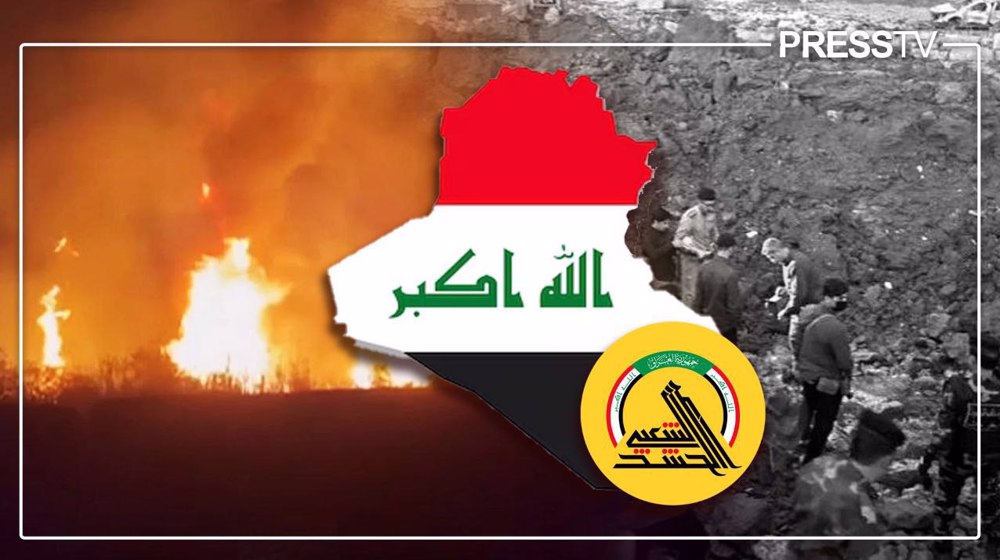
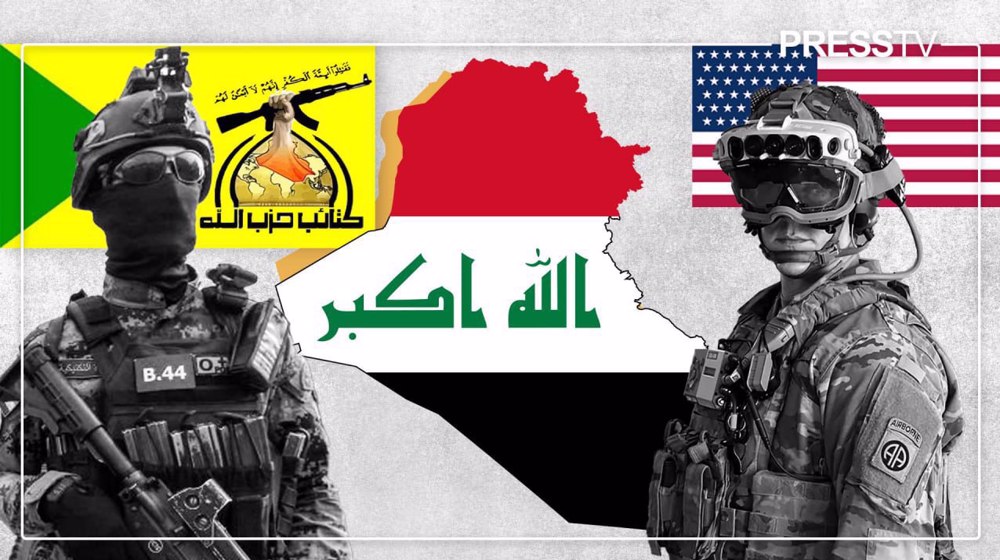
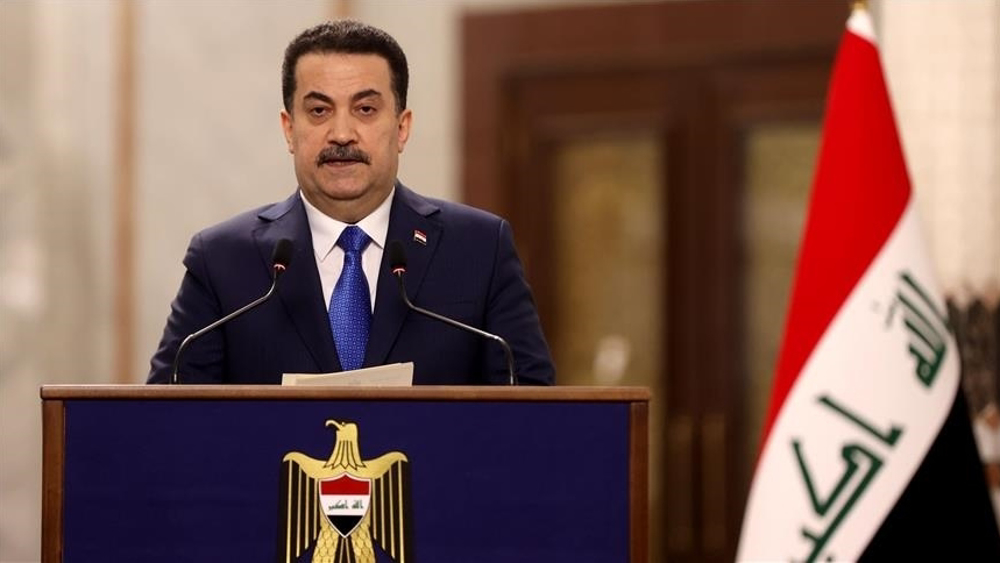
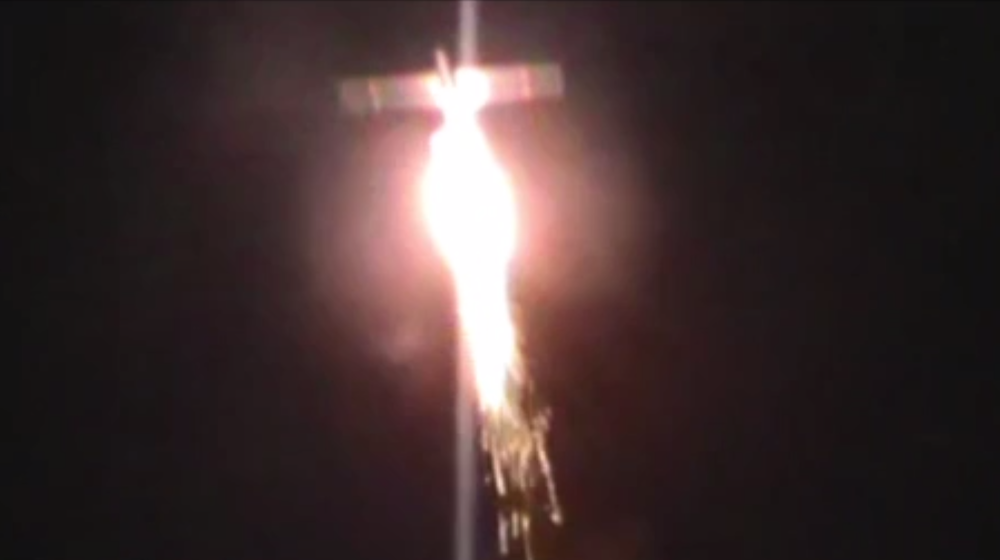
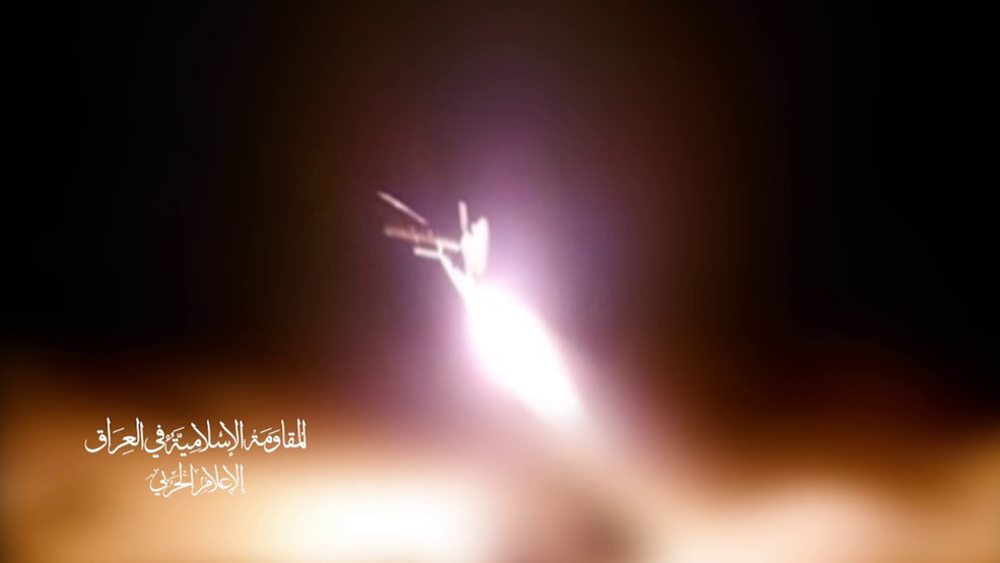




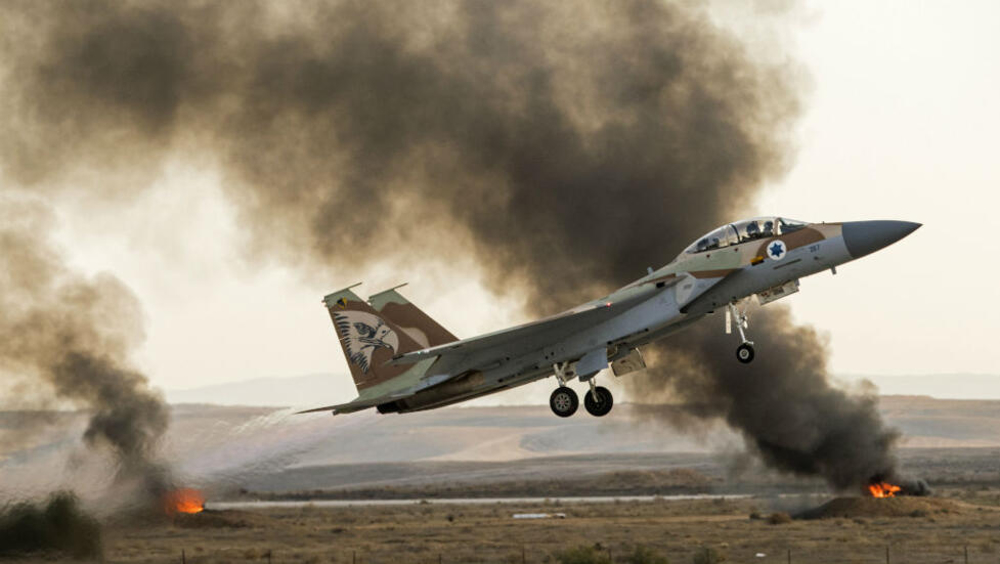
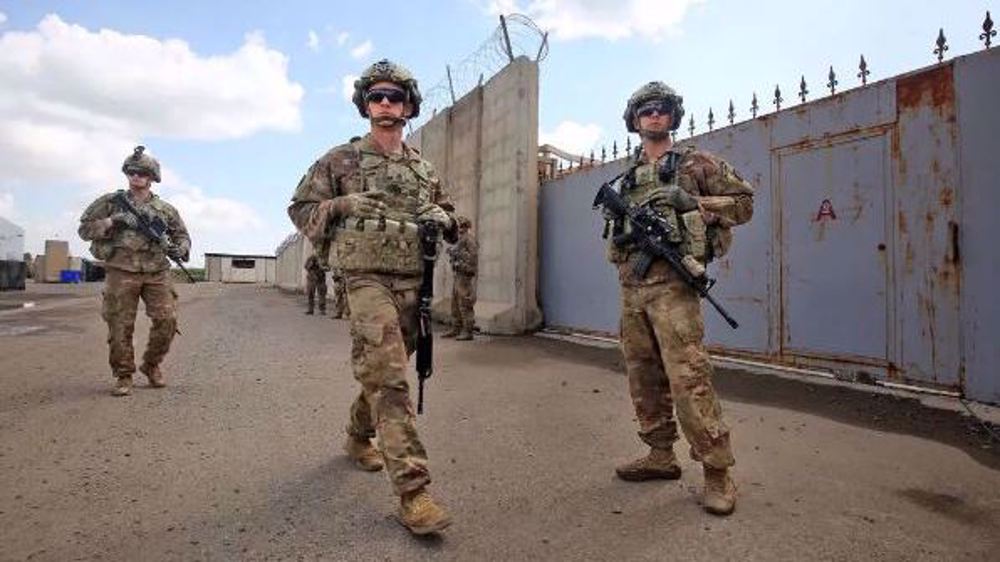
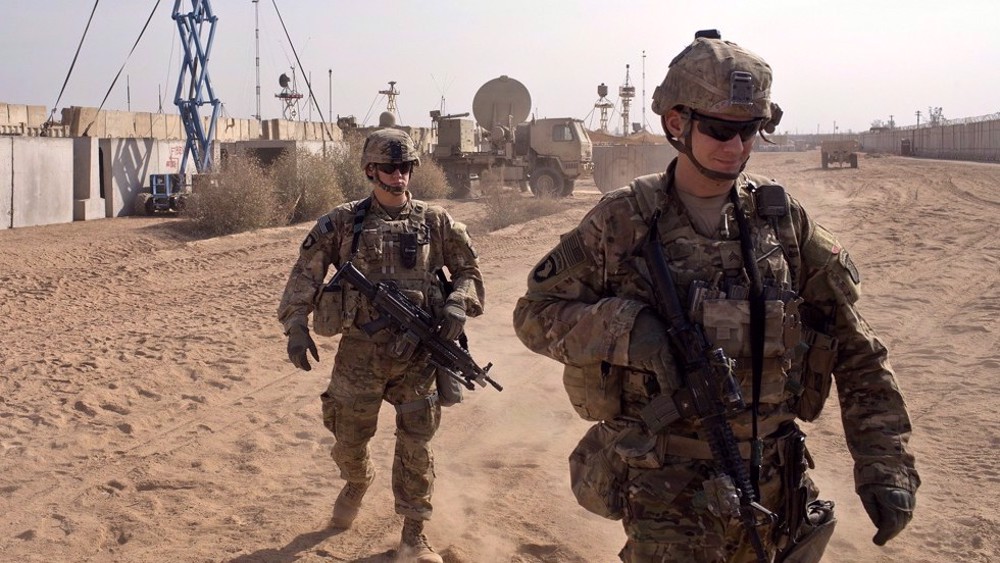
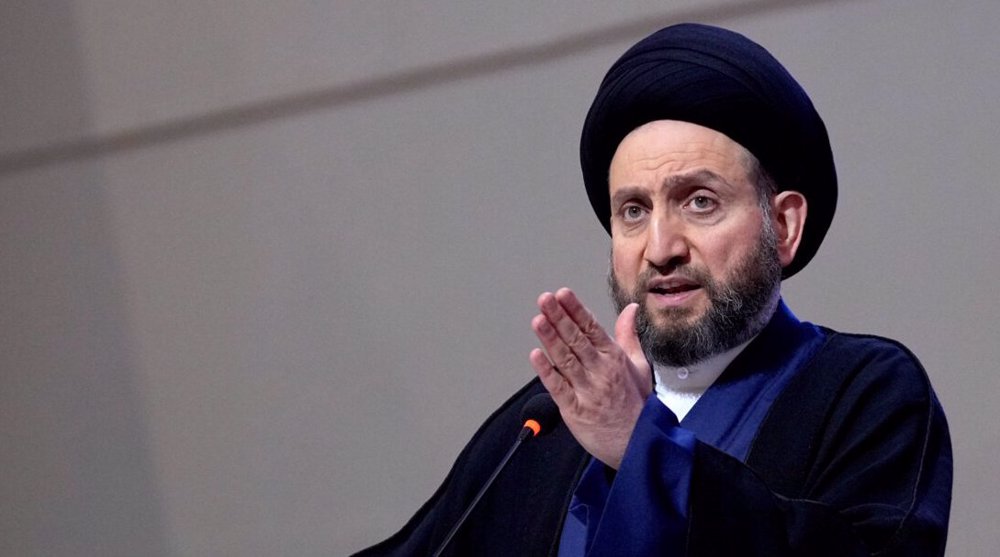

 This makes it easy to access the Press TV website
This makes it easy to access the Press TV website